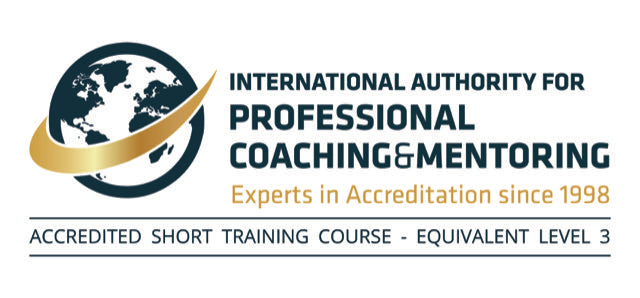How to skilfully respond to stress in the middle of a pandemic
It is undeniable that, at this moment, most of us are feeling stressed. The uncertainty surrounding our health, wellbeing, jobs, and safety of our loved ones, among other things, seems for many of us to only continue to mount in the midst of these unprecedented times.
As such, it is essential to know how to respond to stress skilfully, and utilise it as a motivating force as opposed to a burden on our minds, weighing us down. Here are 6 tips and tools for skilfully responding to stress, which will also remain useful parts of your toolkit once this current stress passes.
1. Recognise and accept when you are stressed
It is important to recognise and accept when you are stressed instead of ignoring it, resisting it, projecting it onto others or running away from it. If you ignore or deny it, it is difficult to do anything about it and the likelihood is that the stress will just become greater. It is perfectly normal to experience stress, especially in the midst of a pandemic!
One of the best ways to manage stress is to familiarise yourself with the physical sensations that typically indicate when you are stressed. For example, you might experience a churned-up stomach, racing heart, sweaty palms and a dry throat. These physical sensations effectively set off what we call Body Alarms that stress is around.
After noticing a Body Alarm and recognising that you are stressed, it is simply a matter of accepting this fact - this doesn’t mean liking it, but rather accepting that this is what is happening.
2. Reframe unhelpful thoughts that trigger stress to helpful thoughts
Unhelpful thoughts can cause you to experience a great deal of unnecessary stress. Comments such as: ‘If I don’t catch this taxi, my life will be over’, or: ‘I am definitely going to lose my job’ are simply an invitation to feel under threat and trigger your body’s stress response unnecessarily.
If you suffer from unhelpful thoughts a tool called the Turn-Around technique can help by intercepting and reframing the unhelpful thoughts into something more helpful and true. When you catch an unhelpful thought, tap yourself. Breathe in the unhelpful thought. Hold your breath for a couple of moments to transform this irrational fear into something more helpful and true. As you exhale, take a physical step forward representing your shift in thinking, and allow the new, more helpful thought to settle deeply into your entire being.
3. Try calming activities and breath exercises
It is worth trying out various methods of calming yourself down, including exercise (e.g., yoga, jogging, swimming), arts and crafts, reading, spending time in nature and playing board games.
Breath exercises can also be incredibly valuable tools for this. One particularly effective breath exercise involves slowing down your breathing and gradually transitioning to a natural breath. The best way to do this is to breathe in deeply, hold this breath for a few moments, and then exhale as slowly as you can. Then, hold the out-breath for a few moments. Make sure you are breathing from your belly and not your chest.
4. Get moving
When stress starts to build up, one of the most effective ways of removing it is to move your body. You are, in effect, 'burning off' or 'moving' the stress from yourself. Such exercises might include runs, workouts, cycles, swims and even something as simple as a quick walk.
Relaxing exercise, including yoga or stretching, can additionally activate the parasympathetic nervous system to bring your stress levels down.
5. Laugh and cry!
Laughter and tears are sometimes the simplest way to release the tension and discomfort we might feel from experiencing too much stress.
Laughter releases endorphins, which we often refer to as 'feel good hormones' - and for good reason, as endorphins help relieve pain and trigger feelings of pleasure, both of which alleviate stress.
Tears similarly act to make us feel calmer and less stressed. Having a good cry can be very cathartic, and sometimes it is just what we need to release the build-up of stress within ourselves.
6. Embrace positive human connection and kindness
All of the Zoom calls, emails and Google Docs can become a bit much sometimes. The overwhelming nature of all of these virtual connections during this pandemic has certainly shown many of us that real human connection is often an invaluable resource.
Spending as much time as safe and possible with loves ones helps to negate the negative effects of stress. Furthermore, at Harvard University researchers found that when you're stressed, your pituitary gland releases oxytocin, a hormone that encourages you to seek support. This research suggests that if you are feeling stressed, positive human connection and kindness can help. It can also help to reduce stress levels in the first place.
As such, remember to switch off when you can, or use technology in a manner conducive to positive human connection - a phone call with a good friend, or a cosy hug from someone in your household, can sometimes make all the difference.
Written by Ella Dane-Liebesny and Rachela Leonello.


